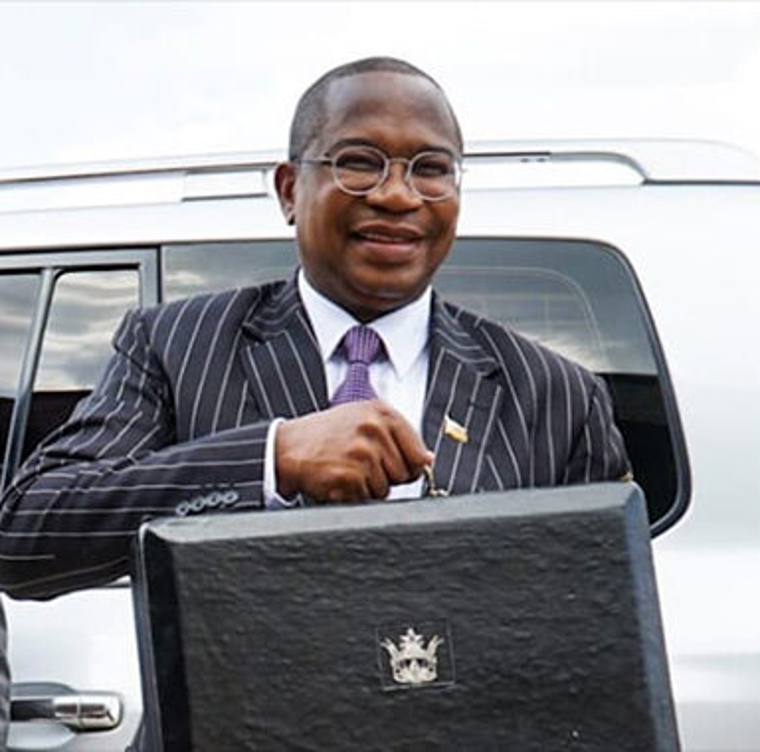 From taxes on fizzy drinks, higher toll gate fees and lithium levies, Finance Mthuli Ncube has brought a battery of new taxes under his 2024 budget.
From taxes on fizzy drinks, higher toll gate fees and lithium levies, Finance Mthuli Ncube has brought a battery of new taxes under his 2024 budget.
With little external support, Ncube is putting the squeeze on the public to raise money to pay for everything from road rehabilitation to cancer treatment.
Here, we summarise how Ncube’s $58.2 trillion 2024 budget will affect your business and your pocket.
If you are a civil servant
There is good news and bad news. First, that US$300 COVID allowance is now part of your pensionable salary, starting in January. The bad news is that this means it is now taxable.
Ncube is reviewing the Tax-Free Threshold to $750 000 per month, and adjusting the tax bands to end at $270 million per annum, above which tax will be levied at a rate of 40%, with effect from 1 January 2024. At current rates of inflation, this threshold may soon be eroded. USD usage, by the government’s own data, is now also dominant.
If you are a trader
We know that manufacturers now prefer to sell their goods straight to informal traders, because the big supermarkets pay late. Ncube says he wants to “restore the supply chain from the manufacturer, wholesaler to retailer”. Now, in a throwback to old regulations, a trader can only buy from a manufacturer or wholesaler if they are licenced and tax-compliant.
Only traders registered for VAT and with valid Tax Clearance Certificates can buy goods from manufacturers. The VAT registration threshold will be cut from US$40 000 to US$25 000, or the local currency equivalent, starting January.
“Enterprises that meet the above threshold should, thus, register and account for VAT, failure of which applicable penalties will be invoked,” he says.
This measure may disrupt business for manufacturers, who have the administrative duty to check the tax status of each of their customers, making compliance difficult. Informal traders are now their biggest customers. The step may also promote imports.
United Refineries CEO Busisa Moyo reacted: “A commendable move for the fiscus. On the other hand, local industry will have to be protected for this to work or else informal traders may just import and go completely underground, and manufacturers will be left with customers who insist on credit terms, with little bank finance.”
Mthuli is also removing the duty free entry of basic groceries.
New tax in town
There’s a new tax, called the Minimum Domestic Top-Up Tax. Ncube says global rules now demand that large multinational enterprises pay a minimum Corporate Income Tax rate of 15%. He says generous tax incentives are allowing these companies to pay less than this. He is proposing a new tax, the DMTT, which allows the country hosting the multinational to collect “top up tax” rather than the tax going to the headquarters of the company.
The corporate tax has been raised back up to its original levels of 25%, after it was cut to 24% in 2020 to help businesses through COVID.
Continued next page
(169 VIEWS)

